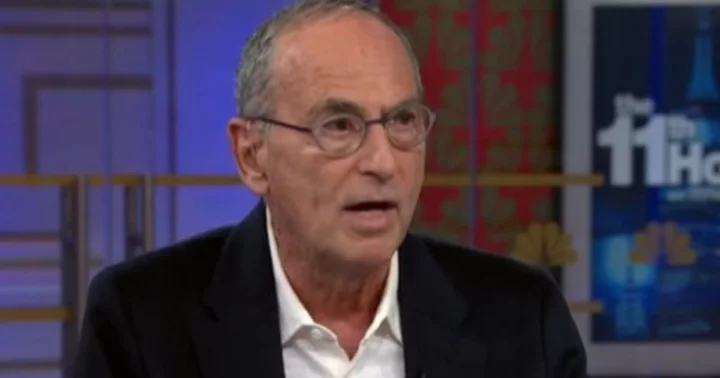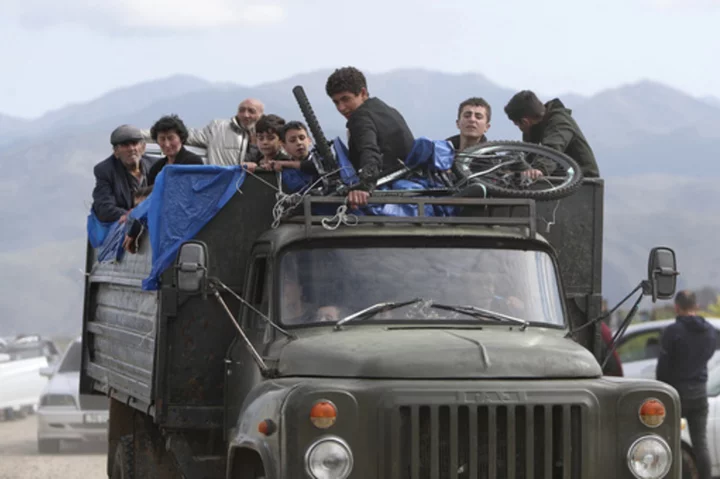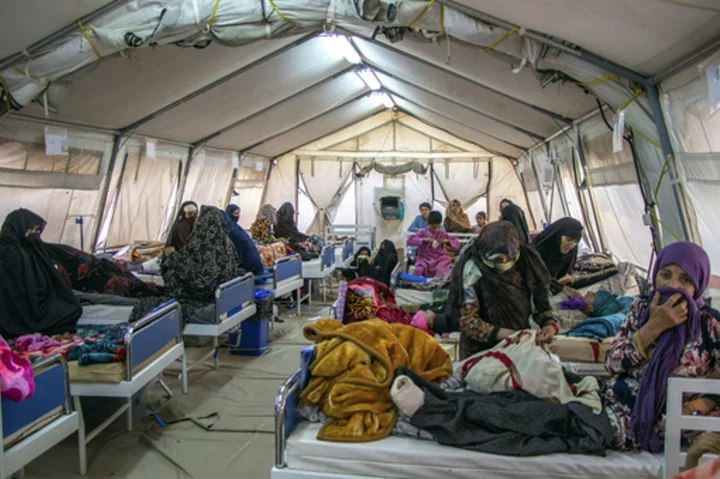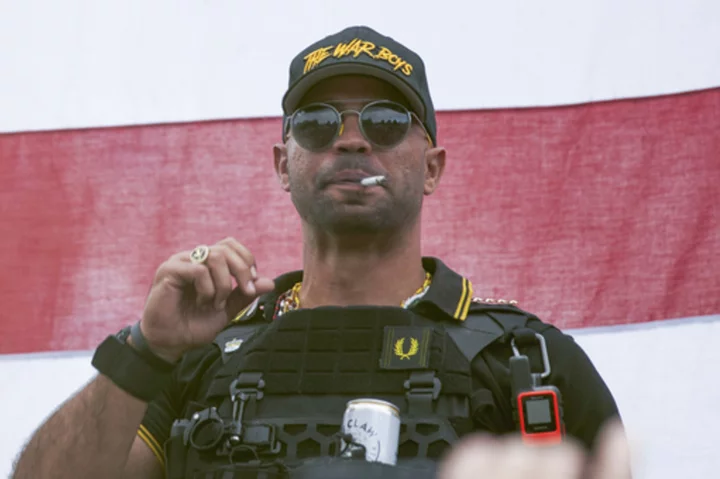WASHINGTON, DC: Martin Fletcher, an expert on Middle East and Israeli correspondent, shared that two of his wife’s family members are currently among Hamas’ hostages in Gaza.
The teary reporter was discussing how Israel is receiving updates on those held by the Palestine militant group.
Martin Fletcher shares personal tragedy on air
Fletcher said in a creaking voice, “I just found out today that two of my wife’s family are among the hostages.”
He added that Hamas was told to “kill the difficult ones and to use the rest as human shields” during the Palestine militant group's invasion on October 7, reports New York Post.
"Sorry to bring this on you, but I only just found out," Fletcher said about a ‘very personal thing.’
"Natalie and Judith Raanan, they're from Evanston, Ill. They're Americans. They were visiting their grandmother for her 85th birthday," he added.
As per CNN, Judith Tai Raanan and Natalie Raanan were in Nahal Oz, which is a small village near the Gaza Strip, at the time of the invasion, where they took over 150 people hostage.
"They were last seen with their hands tied being dragged away by the Hamas terrorists. It's personal. It's real," he said, adding “Nobody is really confident that it’s possible to get them back alive.”
“Israel says hostages are their number one priority, but actually, the bottom line probably is that they’re the number two priority,” he said.
“The number one priority is to go into Gaza, as Prime Minister Netanyahu said, to kill the Hamas leadership and to destroy Hamas," he continued.
Fletcher explained that Israel is delaying their move into Gaza because of hostages.
13 Americans remain missing
According to the US State Department, at least 13 Americans remain unaccounted for, however, there is no clarity whether they are held hostage by Hamas.
In the latest report coming from Israel, the country is working on a broad demilitarized zone surrounding the Gaza Strip once it completes its ongoing ground assault in the Palestinian territory, reports CNN.
“That border fence area, that has an electronic border fence that has sensors on it, that has cameras on it, the wall behind it that drops down deep into the ground to protect against tunnels, and a small buffer zone behind that. That’s going to become much, much wider,” the outlet said on Thursday, October 19.
The DMZ likely extend the length of the 40-mile fence that is already encircling the Gaza Strip.









